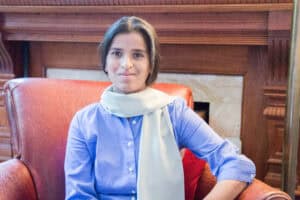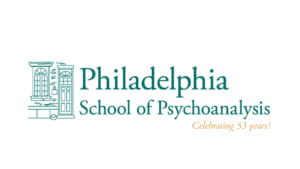Upcoming 2024 Workshops:
Banished Countertransference and the Work of Alice Miller

Banished Countertransference and the Work of Alice Miller: Clinicians’ Struggles With Childhood Emotional Communications
Register Here: Banished Countertransference Description
Presenter: Aleisa Myles, PsyD
Location: Live Video Conference
November 13th, 2024: 7:00-9:00 pm (EST)
Full Webinar Description here: Banished Countertransference description
CE’s: 2
Cost: $40

